All about the profession of engineer of low-current systems

An engineer is a complex profession. Each person can apply their knowledge and skills in the area that interests him the most. Today in our article we will talk about the features of the profession and work duties of an engineer of low-current systems.
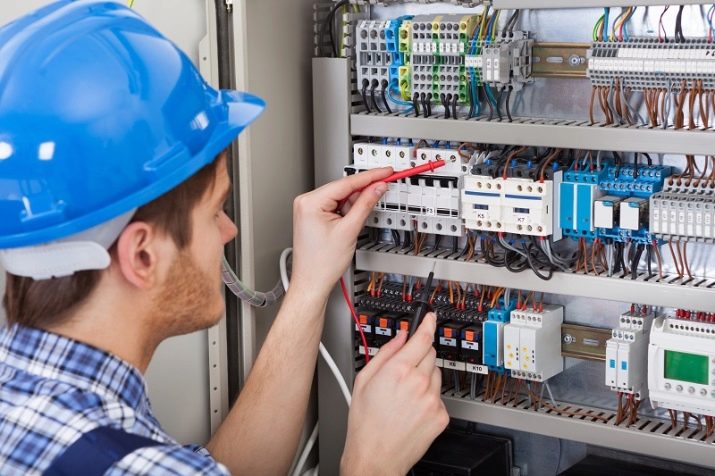
Peculiarities
Engineer-designer of low-current systems - this is a specialist who, in the course of his professional activity, deals with communication networks (for example, it can be television, radio, telephone communication, etc.). Very often, this profession is of interest to those young people who show ability in relation to such exact sciences as mathematics or physics, as well as drawing. It should be borne in mind that this profession (like any other) is characterized by a number of distinctive characteristics that are both positive and negative. Accordingly, before you finally associate your life with this professional activity, you need to evaluate all its advantages and disadvantages.
First of all, it should be said about the high demand for engineers of low-current systems... Such specialists are valuable personnel in the labor market. Having received this profession, you will never be left without work. In addition to being in high demand, the profession is distinguished by the possibility of earning a decent income, which is an important characteristic of any career, since, first of all, it should provide high quality of life. In addition, many managers allow their employees to independently schedule their work, which is important for family people.
As for the negative aspects of the profession, it is important to note that the work activity is different high level of routine. Thus, the specialist must be attentive to detail and meticulous. The point is that even a small mistake can lead to serious losses. It is also worth noting the fact that those people who want to learn the profession of an engineer in low-current systems must have a high intellectual level, since the learning process is highly complex and requires a lot of effort.
The future specialist must perfectly master such disciplines as mathematical analysis, drawing, strength of materials, etc.
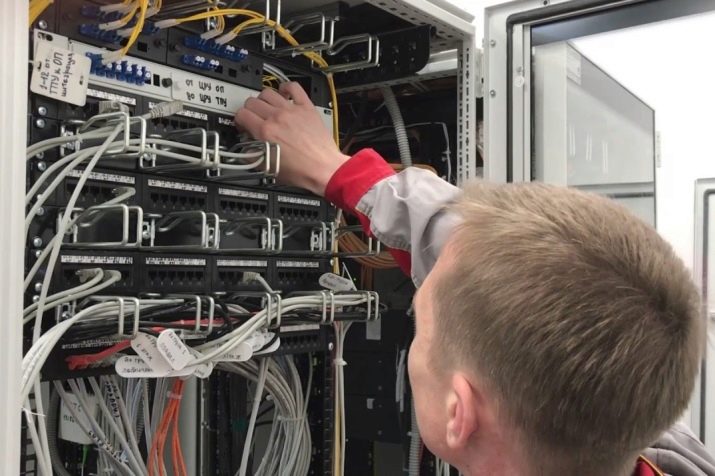
Responsibilities
The professional duties of an engineer are detailed in the job description. This document must be read before you are officially employed for the position. In addition, the list of job responsibilities of a specialist may vary depending on the specific place of work, as well as the requirements of the employer. So, the main job responsibilities of an engineer of low-current systems include:
- initial survey of the building;
- carrying out the initial calculations required for the further development of the project;
- writing technical specifications;
- coordination of the project with other specialists;
- creation of drawings;
- use of specialized engineering programs;
- writing a complex project and drawing up an estimate for it;
- project approval from the customer;
- passing the system of state control and supervision in the process of project implementation;
- correction of errors and shortcomings in project documentation;
- preparation and filling of accounting and reporting documents, etc.
It should be borne in mind that in case of non-fulfillment or improper fulfillment of his duties, the engineer of low-current systems may be held liable and even lose his job.
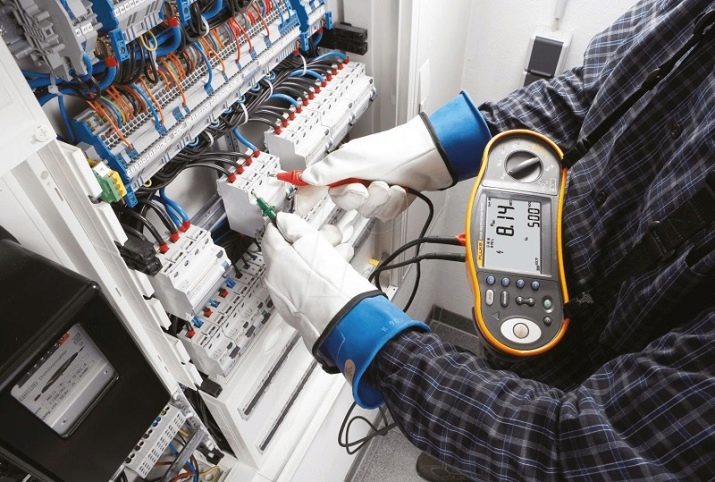
Knowledge and skills
In order for an employee of the company to effectively and competently perform his duties, he must have the appropriate knowledge and skills. These include:
- knowledge of regulatory documentsthat regulate the professional activity of a specialist;
- knowledge of state standards, building codes and regulations, as well as guidance documents, which include guidelines for the design and operation of knowledge;
- knowledge and ability to work in specialized programs (e.g. AutoCad, Visio, MS Project, NanoCad, Magicad, etc.);
- knowledge of technical English etc.
Among other things, employers in the job description can indicate the personal qualities that a specialist should have.
It is believed that an engineer of low-current systems should be accurate, attentive, responsible, diligent, executive, sociable and diplomatic.
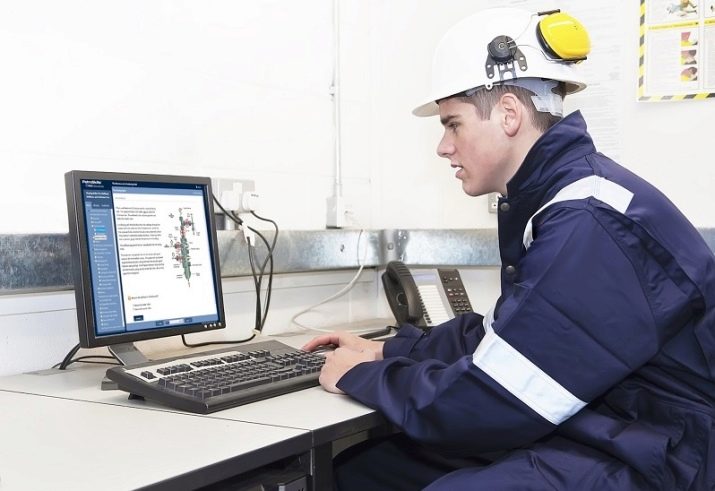
Education
To get the position of engineer of low-current systems, it is necessary to undergo appropriate training... Many universities and colleges have a corresponding training area. When choosing a university or secondary school, you need to be as careful and responsible as possible. If after graduation you plan to work in a large well-known company, then you need to give preference to prestigious universities that are located in the capital or large cities, and also enjoy authority among employers.
After you have made your choice, you need to visit the admissions office of the educational institution and find out what exams you need to take for admission. In the learning process, you need to be disciplined and accurate, as well as strive to get the highest marks. The thing is that some employers, when hiring you, may ask you to present an extract with grades, while the employer will prefer the candidate with the highest score.
However, you need to pay attention to not only theoretical but also practical training. In the process of training, you are required to undergo internships and practices that will allow you to acquire the key skills necessary for subsequent work, as well as professional experience. Depending on the specific educational institution, the chosen specialization, as well as the level of training, the entire process of obtaining an education can last from 3 to 6 (or even more) years. At the same time, one should not stop at getting one, basic education.
Be sure to regularly improve your qualifications, attend relevant courses, seminars, conferences, trainings, etc.
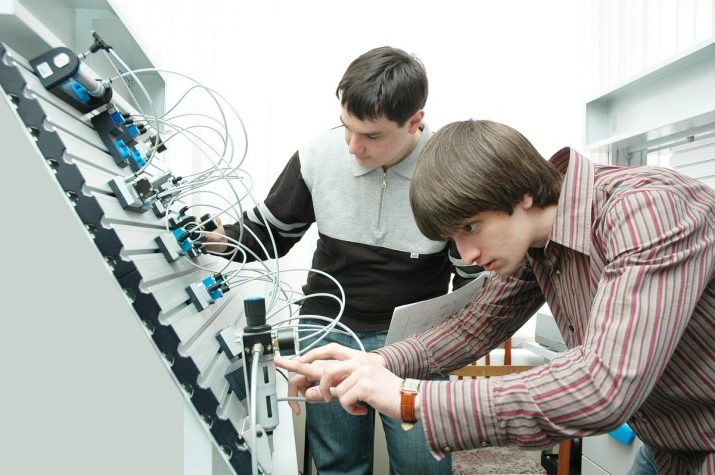
Place of work
Design engineer (or installer) of low-current systems Is a specialist whose work is distinguished by some variety. So, depending on the specific project, as well as on the stage of its implementation, the specialist can work in the office or go to the sites. In addition, there are vacancies for professionals in both the public and private sectors.
For the performance of his functional duties, the specialist receives a decent material reward. It should be borne in mind that wages may differ depending on the region of residence, specific place of work, qualifications and work experience. In general, the salary level varies from 30,000 to 120,000 rubles.









